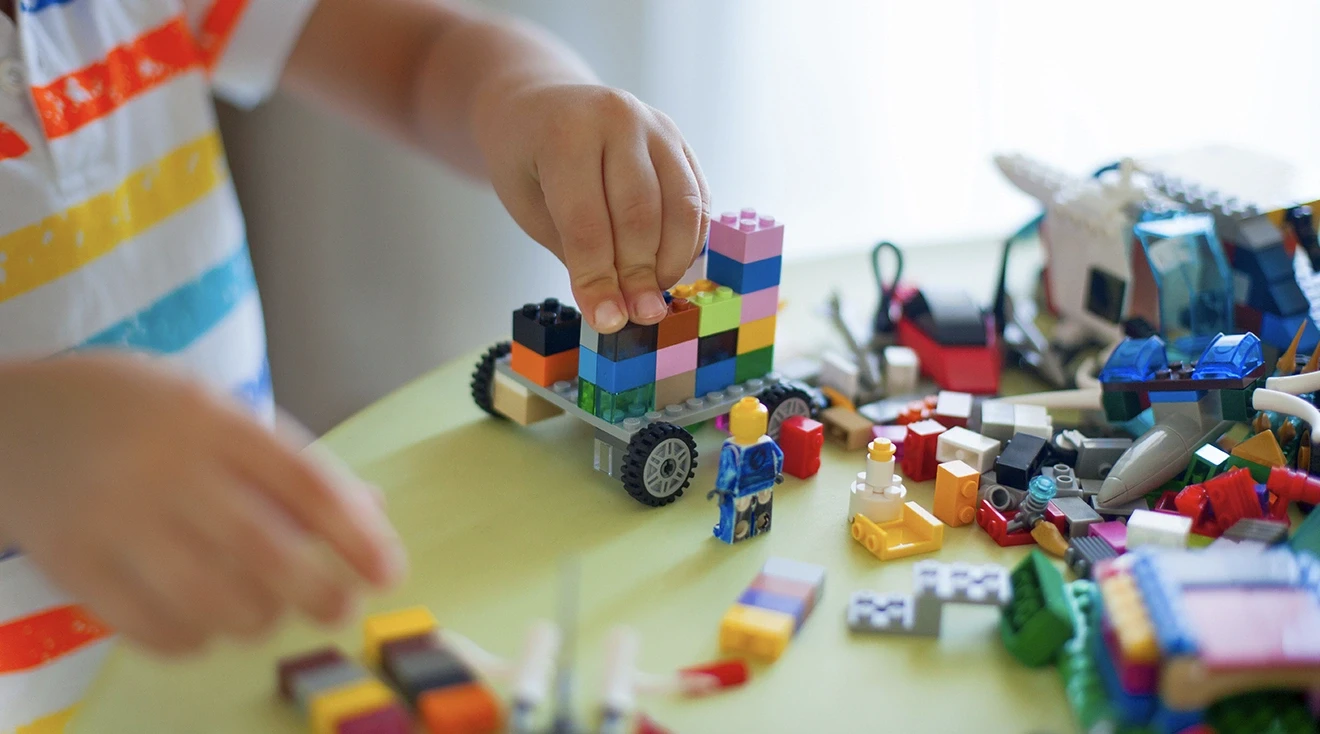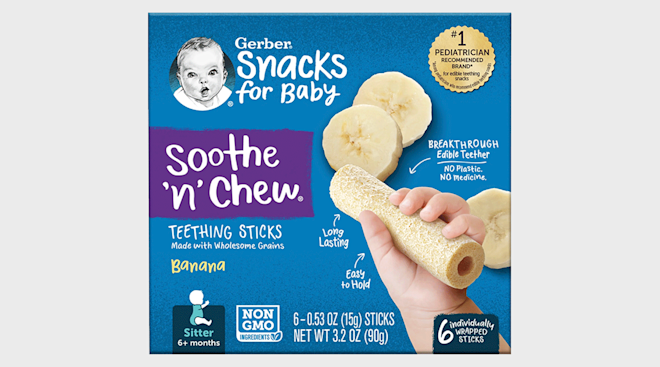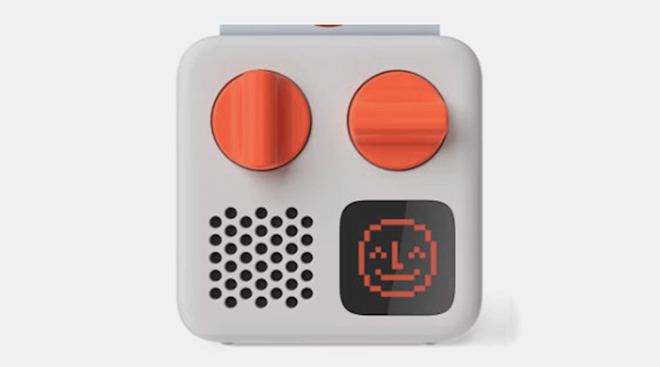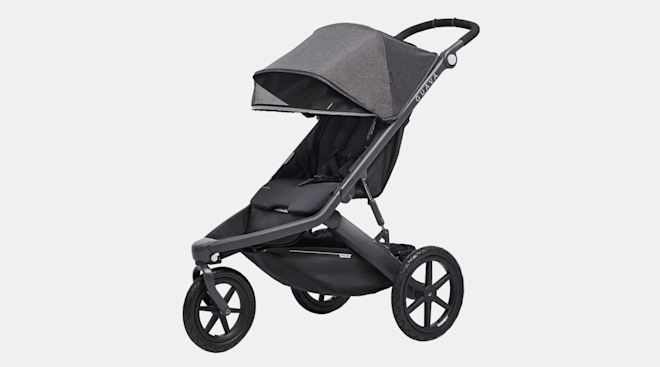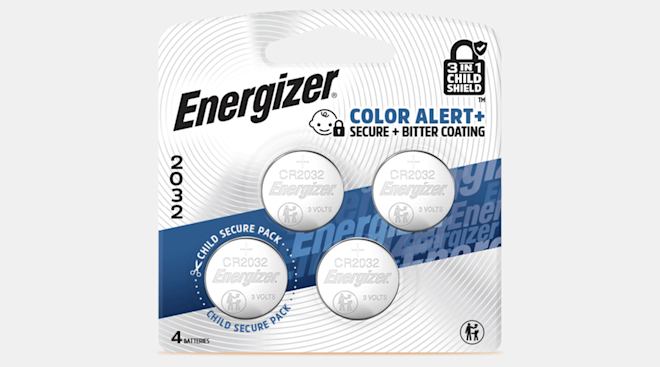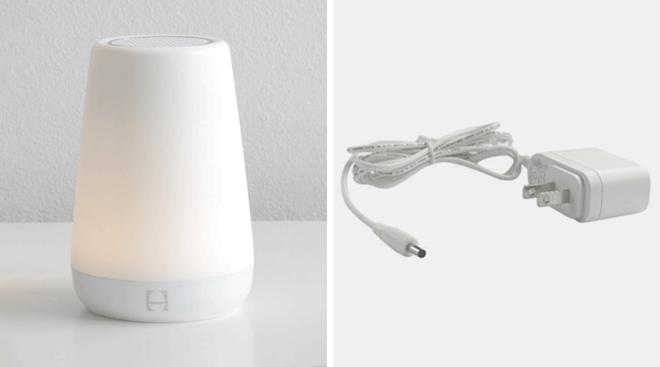These Five Doctors Swallowed Lego Heads to Test Their Kid Safety
From car keys to rattles, blankets and even dirt—you name it and a baby or toddler somewhere has probably tried to put it in their mouth. While some mouth-born objects are certainly more innocuous than others, the worry tends to escalate when your child skips drooling on them and pushes something small down the hatch.
If your child swallows certain objects like something sharp or button batteries, it’s clear a trip to the emergency room is necessary. But sometimes, the line is a little blurred when it comes to more common small objects—like Legos.
In an attempt to educate parents more on ingested objects and save them a trip to the ER, Andy Tagg, an ER doctor in Melbourne, recently took a chance on an off-the-wall experiment. Tagg, along with five other pediatric doctors, wanted to see what happened to an ingested Lego firsthand. So like any good scientist, each doctor swallowed their own Lego head and waited around to see what happened.
The doctors recorded their results, and in the end, none reported complications. Instead, they found that nature had worked its course, with each doctor finding their Lego head in their stool over an average of 1.71 days. Only one doctor mysteriously never found his. Whether he missed it in his stool or his Lego has taken up residence remains to be seen.
Their ultimate conclusion after a three-page long report? This, too, shall pass. More specifically, you can probably skip the ER next time your child kicks back a little Lego, as small plastic objects typically clear your kid’s system in 1-3 days.
Of course, there are exceptions to this rule. According to the American Academy of Pediatrics, swallowed magnets, sharp objects or objects the size of a quarter or larger all warrant a trip to the doctor. If your child complains of stomach pain or vomiting, it’s also time for a trip to the ER. Bottom line—if you are worried about it, it doesn’t hurt to ask your doctor.
Please note: The Bump and the materials and information it contains are not intended to, and do not constitute, medical or other health advice or diagnosis and should not be used as such. You should always consult with a qualified physician or health professional about your specific circumstances.
Navigate forward to interact with the calendar and select a date. Press the question mark key to get the keyboard shortcuts for changing dates.

































